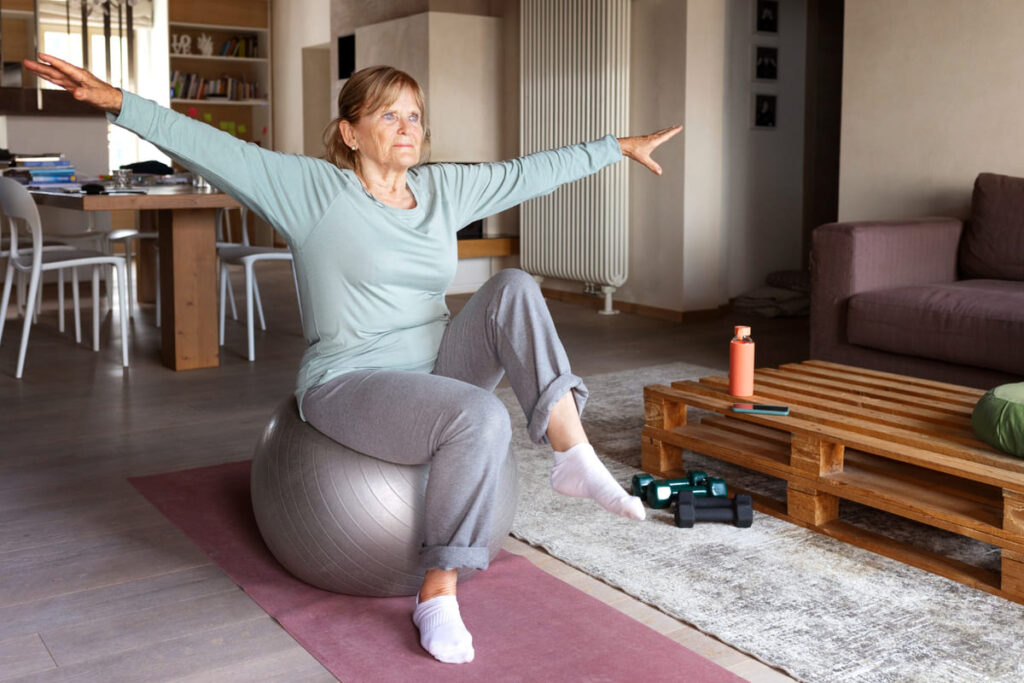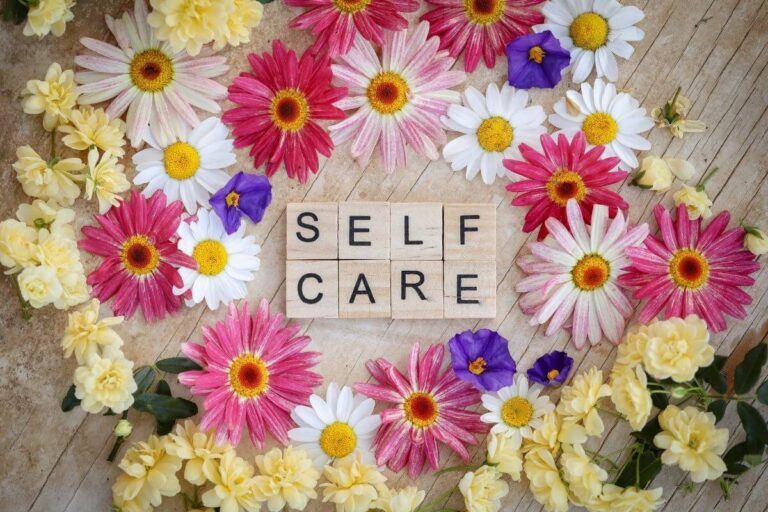12 Things That Feel Exhausting As You Get Older And How To Handle Them Easily
Ever catch yourself wondering why everyday things feel so much harder than they used to? You’re not imagining it, life’s little tasks can really start to zap your energy as the years go by.
Understanding what drains you can help you manage your energy and feel more in control. Small changes in your routine can really make a difference.
Climbing stairs

Climbing stairs can sneak up on you as a challenge. Your muscles might not have the same strength, and catching your breath takes longer.
You may notice your legs feeling shaky or your balance isn’t as steady. Sometimes, you just want to avoid stairs altogether.
Simple exercises for your legs and balance can help. Taking breaks and pacing yourself makes stairs less daunting.
Running errands

Running errands can feel like a marathon some days. Shopping, picking up prescriptions, or just getting from place to place can wear you out faster.
Stiff joints and sore muscles don’t help, especially after standing or walking for a while. Moving quickly between stops can feel impossible.
Planning errands with breaks in between helps a lot. Using carts or asking for help can make things easier on your body.
Socializing for long periods

Long hangouts or family gatherings can leave you feeling drained. Even if you love the people you’re with, your energy can run out faster than it used to.
Your mind and emotions need time to recharge after social events. It’s totally normal to crave quiet time.
Setting limits on how long you socialize can help. Choosing smaller, more meaningful get-togethers might make things feel less exhausting.
Doing household chores

Vacuuming, cooking, or laundry can take more out of you than expected. Muscles get tired and simple chores seem to take longer.
Breaking chores into smaller steps can help. Using tools that reduce strain makes a big difference.
If chores pile up, don’t hesitate to ask for help. Light activity still keeps you moving and your mind sharper.
Carrying groceries

Groceries seem to get heavier every year. Holding bags can strain your hands and arms, and balancing everything can be tricky.
It’s okay to make more trips or take breaks. Carrying fewer items at a time helps keep your balance steady.
Reusable bags with comfy handles are a game changer. Stores often offer help, so don’t be shy about asking.
Standing for extended times

Standing for long periods can leave your legs and back aching. Muscles tire out, and joints might start to complain.
Taking breaks to sit or move around makes a difference. Shifting your weight or leaning on something can help too.
Mixing up your day with sitting, standing, and walking keeps you more comfortable. Little adjustments add up.
Keeping up with technology

New phones, apps, and passwords seem to pop up every week. It’s easy to feel lost or overwhelmed.
Managing security checks and updates can be tiring. Sometimes it’s not about age, just about how complicated things have become.
Focus on the features you really need. Don’t be afraid to ask for help or stick to what works best for you.
Managing appointments

Doctor visits, tests, and other appointments can pile up fast. Keeping track of everything can feel like a full-time job.
Using a calendar or setting reminders on your phone keeps things organized. Preparing questions ahead of time can make visits smoother.
If it gets to be too much, it’s okay to ask for help. Support is out there, and you deserve care that’s less stressful.
Maintaining a garden

Gardening can be tough on your back and knees as you get older. Digging and bending over start to take a toll.
Try tools with longer handles to avoid bending. Raised beds and taking frequent breaks can help a lot.
Focus on smaller, more manageable garden spaces. Listen to your body and rest when you need to.
Exercising intensely

Workouts that used to be easy now leave you sore for days. Recovery takes longer, and pushing too hard can lead to aches or injuries.
Mix in lower-intensity activities and focus on balance and flexibility. Taking extra rest days is totally fine.
Adjusting your routine helps you stay active without burning out. Your fitness matters, but so does taking care of yourself.
Cooking meals from scratch

After a long day, cooking can feel like climbing a mountain. Prepping, cooking, and cleaning up every night takes a lot of energy.
Making bigger batches for leftovers saves time and effort. Simple recipes with fewer steps can make cooking less stressful.
Mixing easy homemade meals with occasional takeout can keep things manageable. You still get tasty food without wearing yourself out.
Traveling long distances

Long trips can leave you feeling wiped out, especially as the years go by. Even when you are just sitting for most of the journey, the waiting around and moving through busy airports or stations can really take it out of you.
After hours on a plane or train, you might notice your body feels stiff or sore. Changes in air pressure and less oxygen on planes can make you even more tired.
There is also the mental side of things. Long waits and having nothing to do can make the whole trip feel endless.
Taking breaks whenever you can helps a lot. Walking around, stretching, and drinking plenty of water can keep your energy up.
Planning extra rest before and after you travel can make a real difference. If you find yourself traveling often, try to make your trips less stressful.
Pick comfortable seats when you can and give yourself plenty of time between connections. Small changes like these can help you actually enjoy the journey.







